There are several factors which may dissuade people from improving their smile through cosmetic dentistry, but the two most common and the expense involved and a general phobia of having dental work done. While there's not much can be done about the fear of the dentist, there's a new technology that promises to deliver the kind of cosmetic results without the expense or financial investment of traditional cosmetic dentistry.
Press On veneers, sometimes known as snap-on veneers, press on veneers or clip-on veneers, are a non-intrusive and cost-effective way of achieving the look of dental veneers without having the work done or spending a substantial sum of money on the treatment.
They are designed for patients with discoloured, missing, damaged or crooked teeth, and are gaining popularity as an alternative to traditional dentures. The clip over your existing teeth without the need for any preparatory work, and they don't require the use of any adhesives. The result is an instant transformation of your smile, which allows you to eat, drink and speak as you normally would.
The process of having the clip-on veneers created is relatively straightforward. Your dentist will take an impression of your teeth (or some providers offer a kit to take the impression yourself at home), which will then be sent to the dental laboratory. They will then custom-make your veneers based on your current teeth and the shade you have chosen.
When it comes to actually using the snap-on veneers, most people tend to use them on a semi-regular basis rather than wearing them every day. They're popular for events like weddings, while many people use them to wear to work and take them out at home in the evenings. They should be treated like traditional dentures – some use them occasionally, while others will wear them almost every day.
Press On Veneers v Permanent Veneers
While press on veneers are intended to be an alternative to traditional veneers, it's difficult to directly compare the two. Permanent veneers, even treatments like instant veneers and composite resin veneers, are more expensive but they are permanent treatments and are a genuine cosmetic and restorative dental treatment.
Clip-on veneers work well when you only plan on wearing them occasionally, and are not a genuine alternative to permanent veneers. However, if you can't currently afford permanent veneers and you have a special occasion on the horizon then snap on dental veneers can be a worthwhile investment.
How Long Do Snap On Veneers Last?
While permanent veneers can last upwards of 10 years, clip-on veneers should last up to two years if properly maintained. The materials are hard wearing and should stand up to daily use for a couple of years, while those who use them less frequently can expect them to last a little longer.
Most manufacturers offer a warranty, generally lasting between 3 and 12 months, so if there are any issues you can usually have them repaired or replaced free of charge.
How Much Do Clip On Veneers Cost?
While the cost of snap-on veneers will vary depending on the company you use and if your dentist takes the impression for you, most people can expect to pay between £300 and £800. This will vary depending on the actual product you order as well, as many manufacturers charge more for different shades and styles.
When you consider that you'd pay more than that per tooth for porcelain veneers you can see why many people are looking to clip on veneers as an alternative when they have a special event on the horizon. You can transform your smile, at least temporarily, for a fraction of the cost of traditional veneers.
Caring For Press On Veneers
Cleaning snap-on veneers is largely similar to the way you would care for traditional dentures. They can be cleaned in lukewarm soapy water, or they can be cleaned using toothpaste and a toothbrush. Many manufacturers also produce their own cleaning tablets which can be used to steep the veneers, and generally all that's required afterwards is to rinse them with cold water.
The veneers should be kept out of hot or boiling water and out of direct sunlight, as this can cause the material to warp slightly. They are also custom-made for your teeth, so letting other people try them can lead to the product being permanently damaged.
If there are any issues with the fit, such as the veneers causing pain or discomfort, you may need to replace them. A new imprint of your teeth should be sent to the manufacturer and they will create a new set that matches the current shape and alignment of your teeth.
Are Snap-On Veneers Worth It?
If you're looking for a long term solution to issues like tooth discolouration, damage or alignment then clip on veneers aren't the answer. They're a great solution for occasional wear, but they are not a true alternative to cosmetic or restorative dentistry.
If you have damaged teeth, they should be treated in a conventional manner. If you're looking to have a dazzling smile for special events then it can be worth the investment.
Sources and References
-
[1]
User Insights into Fake Snap-on Veneers: Perceptions and ExperiencesClinical, Cosmetic and Investigational Dentistryhttps://pmc.ncbi.nlm.nih.gov/articles/PMC11512531/
-
[2]
Survival Rates for Porcelain Laminate Veneers: A Systematic ReviewInternational Journal of Dentistryhttps://pmc.ncbi.nlm.nih.gov/articles/PMC8184312/
-
[3]
The utilization of snap-on provisionals for dental veneers: From an analog to a digital approachThe Journal of Prosthetic Dentistryhttps://pubmed.ncbi.nlm.nih.gov/31916380/
-
[4]
Patients' satisfaction with different types of veneer restorationsJournal of Dentistryhttps://pubmed.ncbi.nlm.nih.gov/9604580/
-
[5]
Long-Term Survival and Complication Rates of Porcelain Laminate Veneers in Clinical Studies: A Systematic ReviewThe Journal of Prosthetic Dentistryhttps://pubmed.ncbi.nlm.nih.gov/33807504/
All sources accessed and verified on . Medical information reviewed for accuracy and compliance with current guidelines.
Related Articles
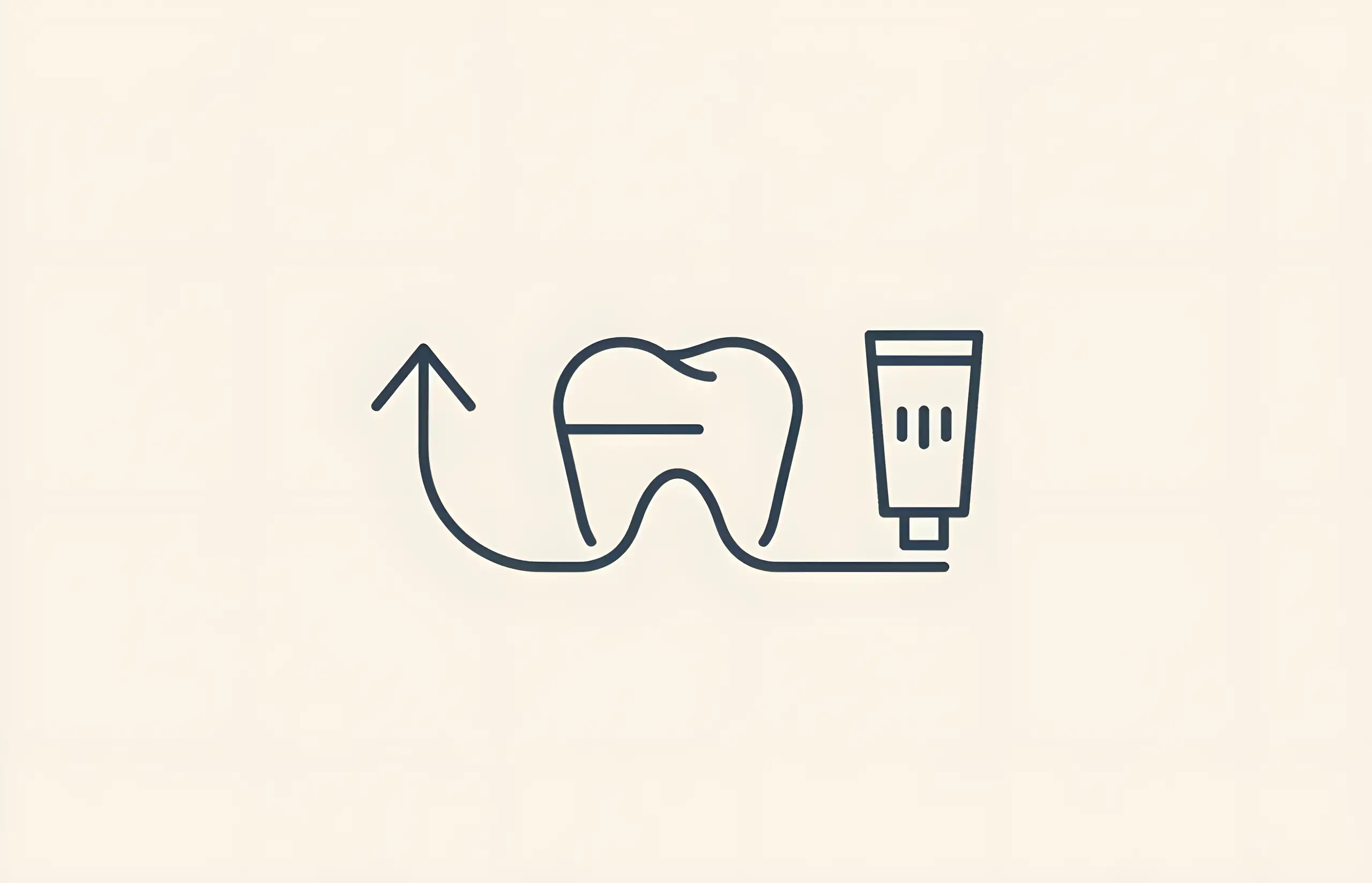
Choosing the Best Toothpaste for Veneers
Comprehensive guide to selecting toothpaste for veneers, understanding RDA values, avoiding abrasive ingredients, surface roughness concerns, and proper oral care techniques

Can Temporary Veneers Cause Pain?
Complete guide to temporary veneers including why they may cause discomfort, the procedure involved, preventive measures, and what to eat while wearing them

Can You Whiten Veneers?
Comprehensive guide to veneer whitening, why porcelain veneers resist bleaching, stain removal options, color matching strategies, and maintenance tips

A Guide to Composite Resin Veneers
Comprehensive information about composite resin veneers, including their uses, procedure, longevity, and how they compare to porcelain veneers

Should You Get Crowns or Veneers for Your Front Teeth?
Comprehensive guide comparing dental crowns and veneers for front teeth, including materials, uses, preparation requirements, longevity, and cost considerations

Should You Get Crowns or Veneers?
Comprehensive guide to choosing between dental crowns and veneers, including clinical indications, contraindications, insurance coverage, and decision criteria for optimal treatment outcomes
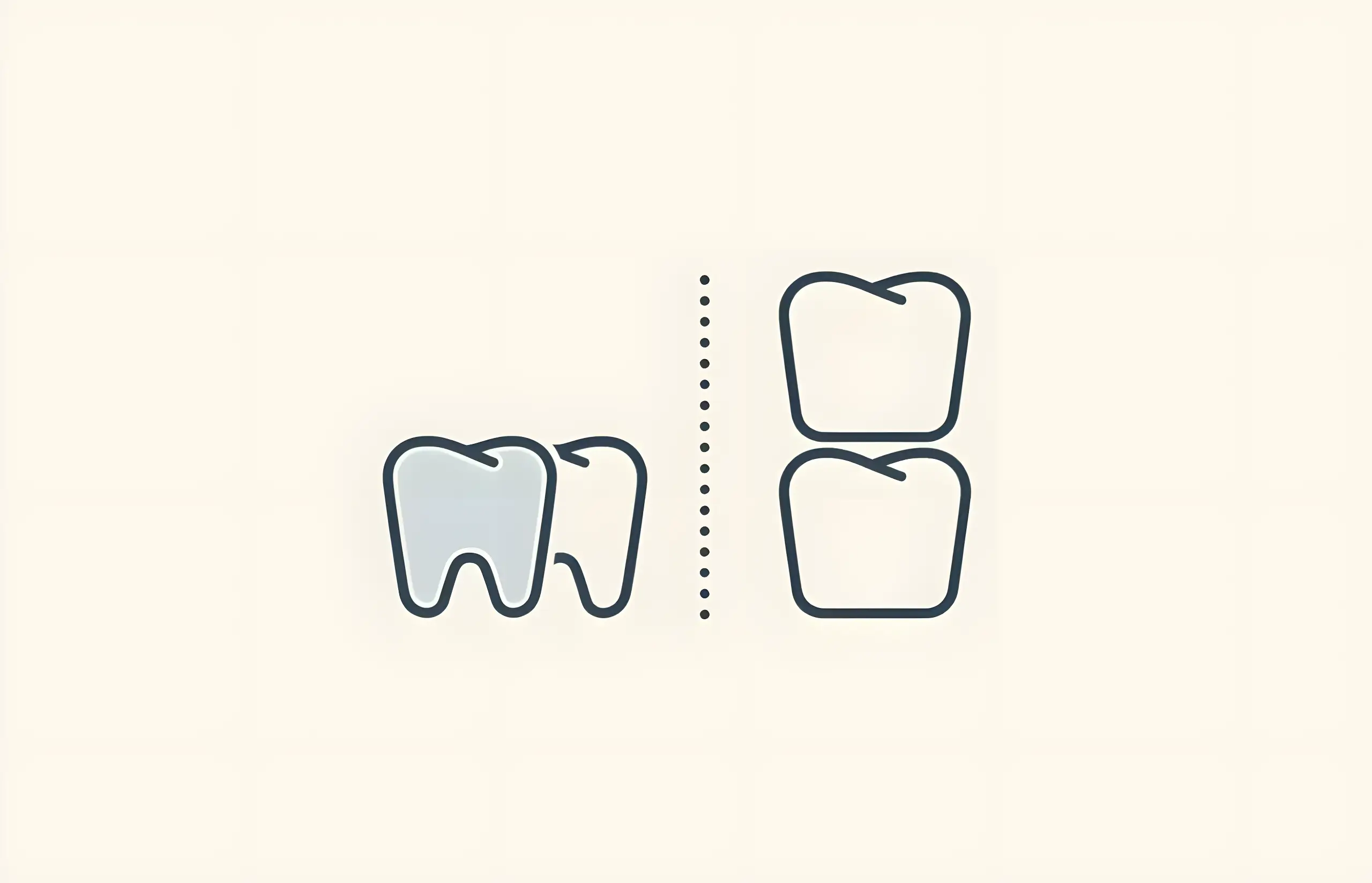
Dental Veneers – Before and After Pictures
Comprehensive guide to dental veneers transformation results, patient satisfaction rates, aesthetic outcomes, smile makeover success, and clinical evidence from before and after studies
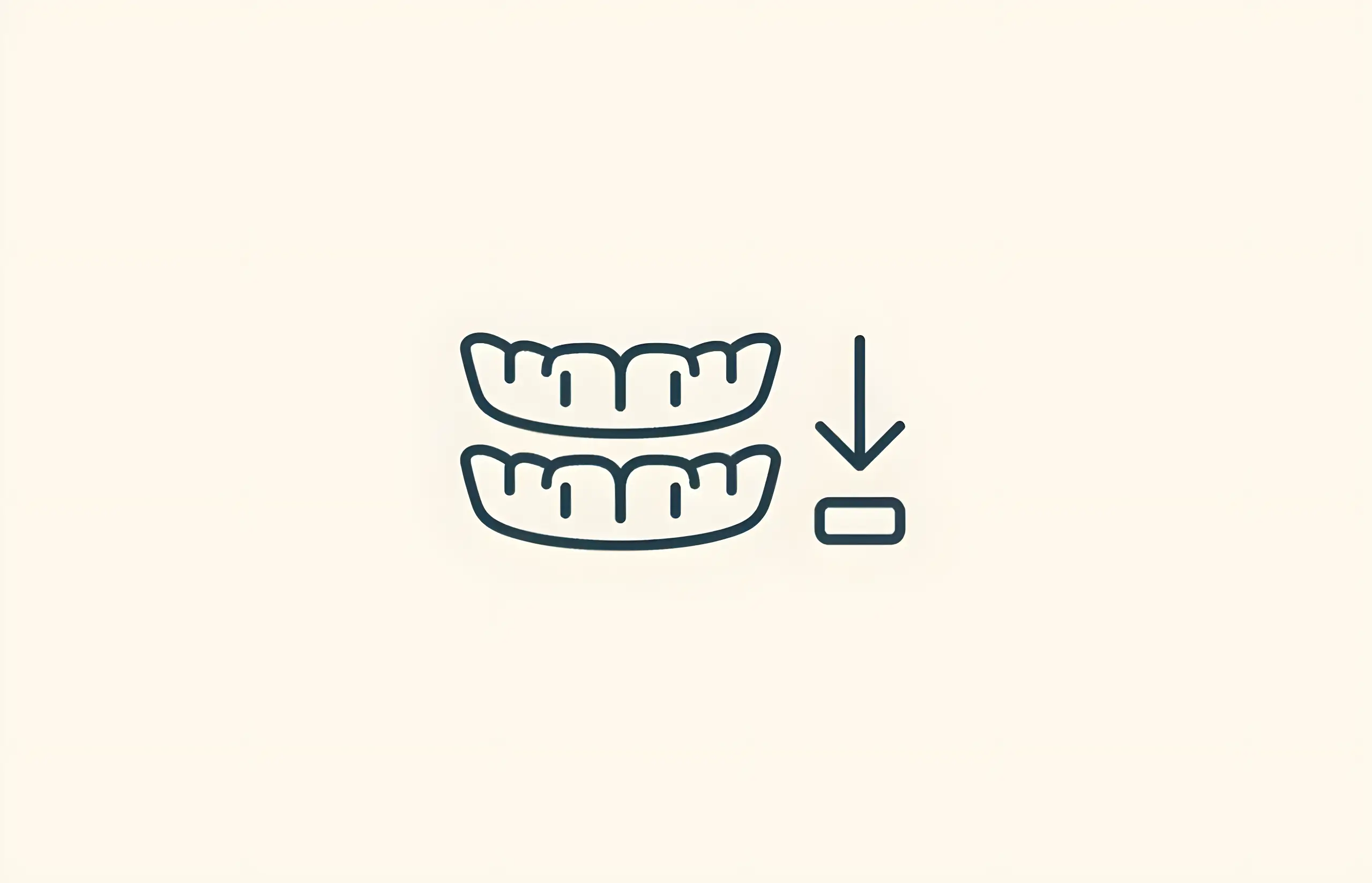
Do It Yourself Veneers – Removable Veneers For Your Teeth
Comprehensive guide to DIY removable veneers (snap-on, clip-on veneers) including costs, risks, user satisfaction rates, safety concerns, and comparison with permanent dental veneers

Do Temporary Veneers Look Bad?
Complete guide to temporary veneer appearance, materials (PMMA, bis-acryl), aesthetic outcomes, patient satisfaction, complications, and what to expect during the provisional phase

Eating With Veneers
Complete guide to dietary considerations with veneers including foods to avoid, staining resistance (coffee most problematic), fracture risk, care tips, and maintaining your investment
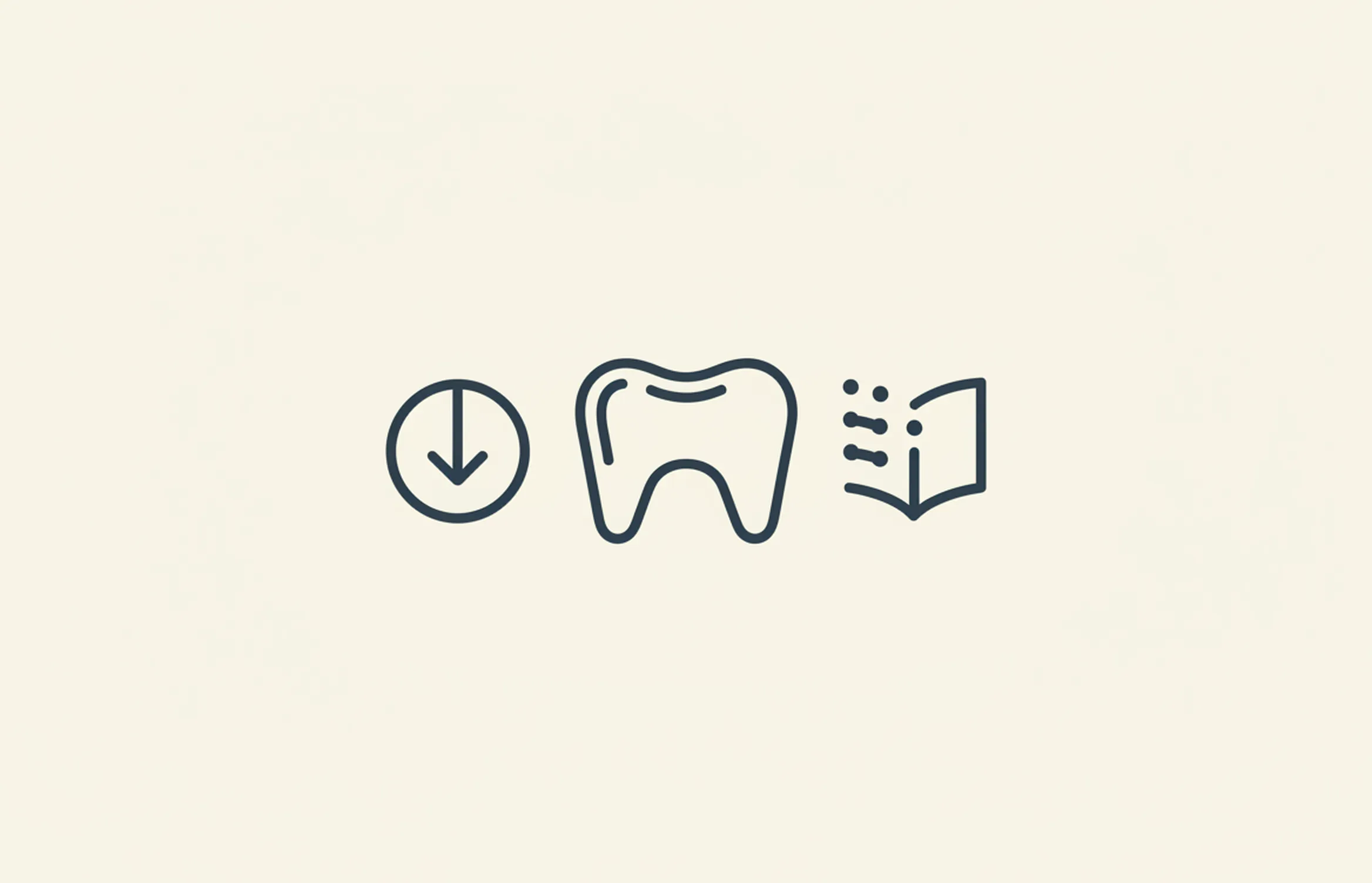
Instant Veneers – Costs and Information
Complete guide to instant veneers including prefabricated composite veneers, how they work, costs, and comparison with traditional porcelain veneers
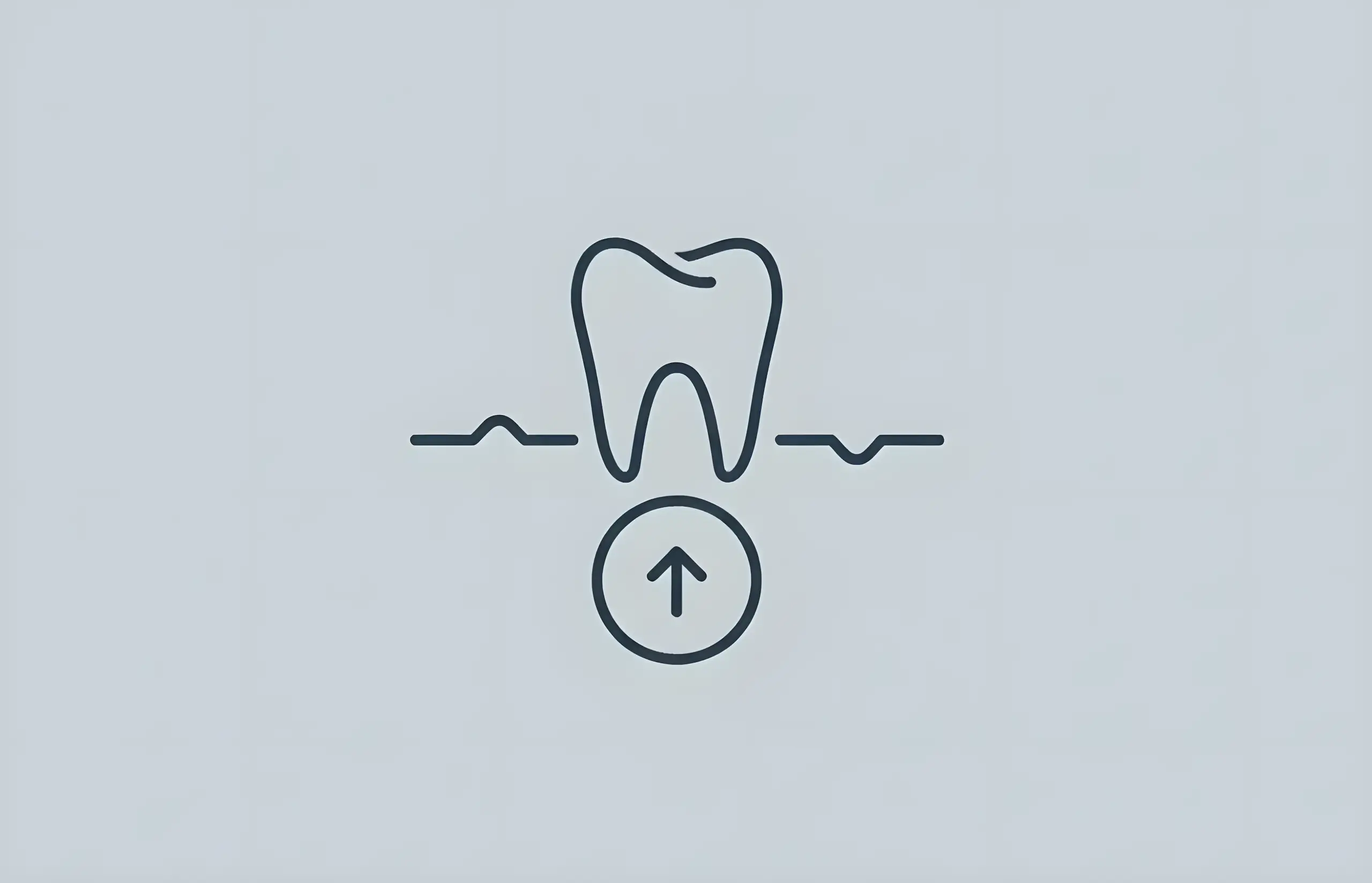
How Much do Lumineers for Teeth Cost?
Comprehensive guide to Lumineers costs including pricing factors, no-prep procedure advantages, Lumineers vs traditional veneers, treatment process, longevity, and cost-saving options
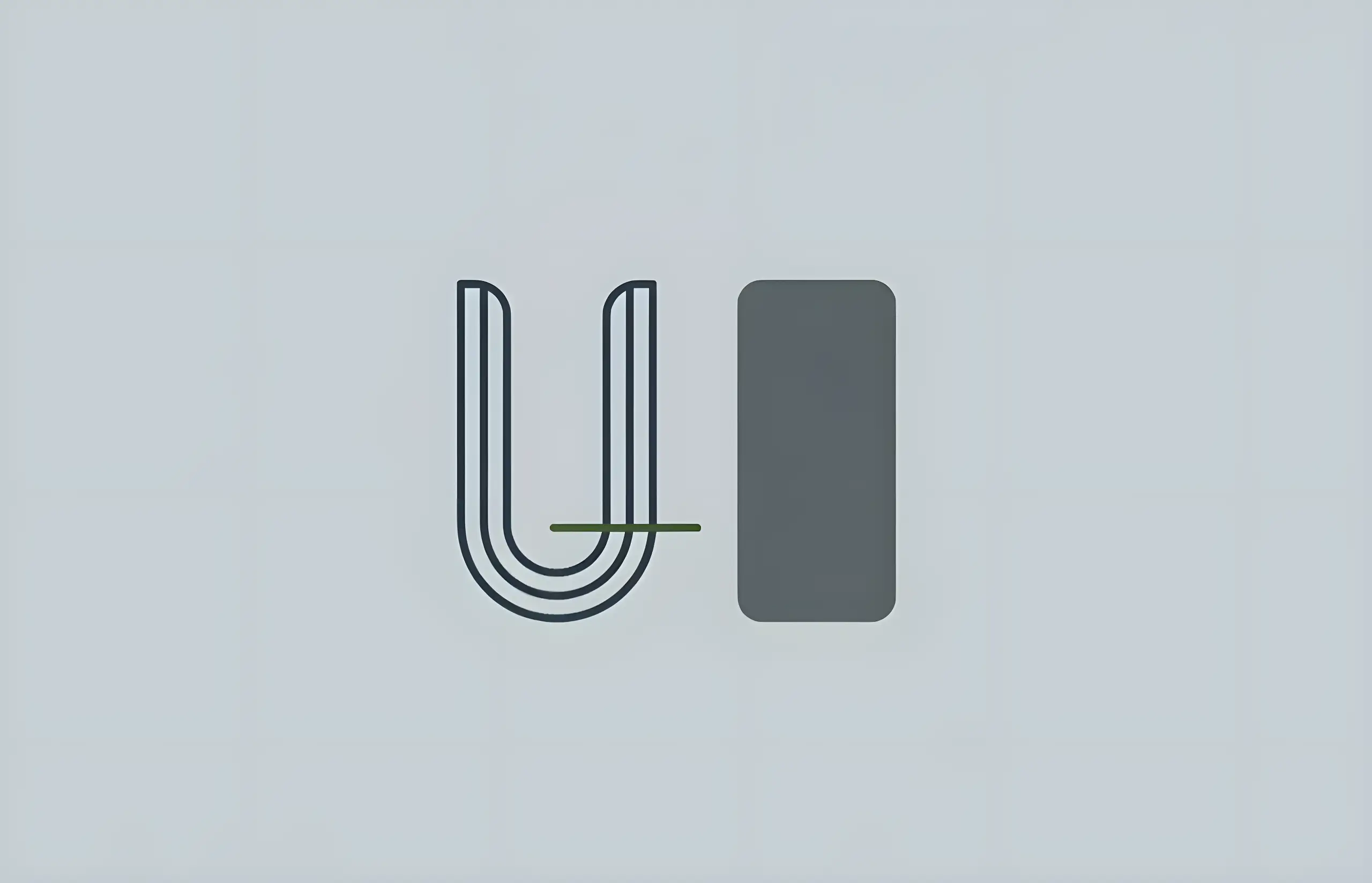
Lumineers vs Porcelain Veneers
Comprehensive comparison of Lumineers and traditional porcelain veneers, including differences, costs, longevity, and which option is best for your smile

No Prep Veneers – Costs and Information
Complete guide to no-prep veneers including Lumineers and Vivaneers, covering costs, benefits, who can have them, and how they compare to traditional veneers
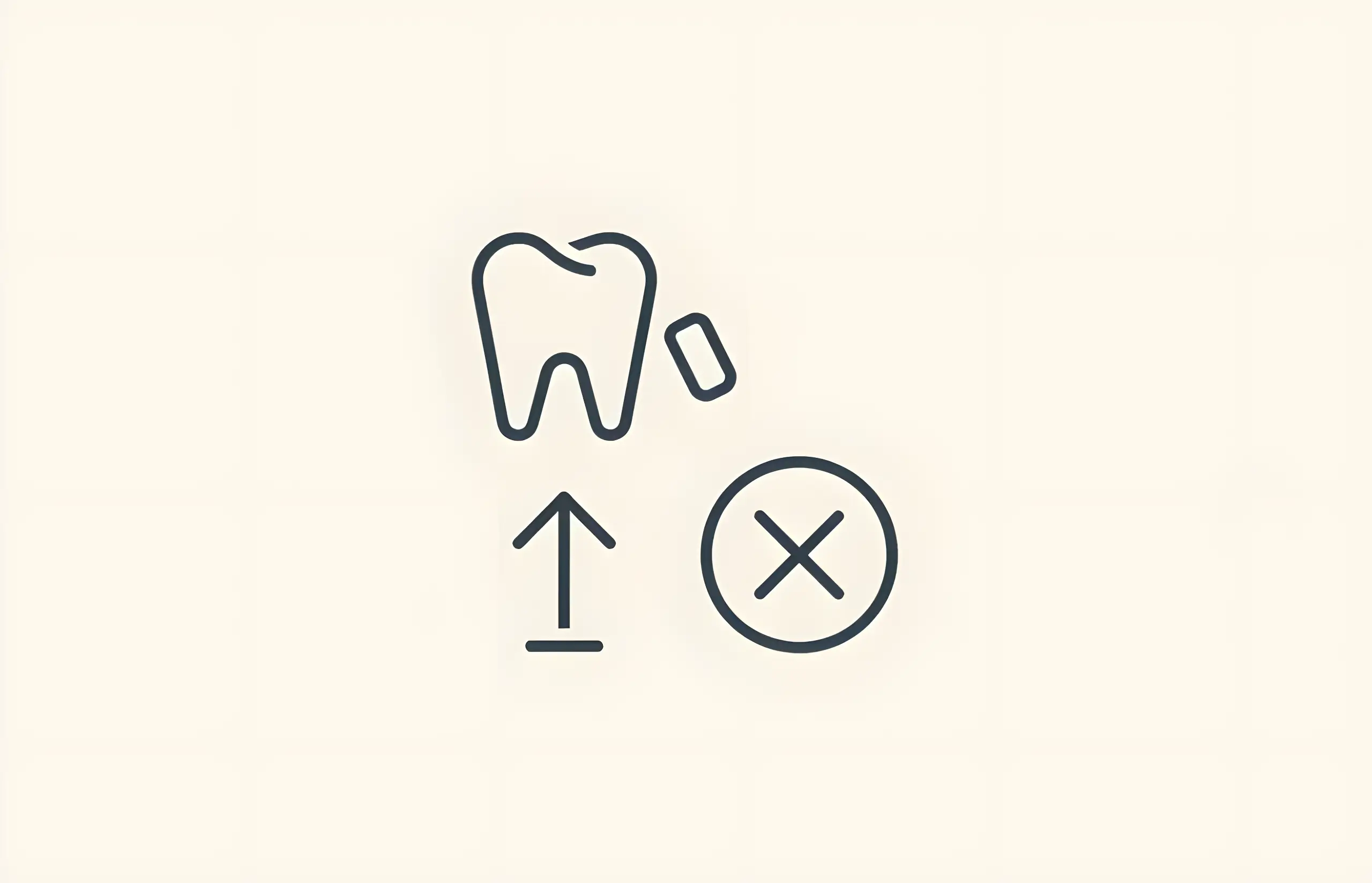
What To Do If Your Temporary Veneers Are Falling Off
Essential guide to protecting temporary veneers: what they are, foods to avoid, and when to see a dentist if they become loose or fall off

Can You Put Veneers Over Crowns?
Comprehensive guide to placing veneers over crowns, why it's generally not recommended, bonding challenges, crown survival rates, and alternative treatment options

What Can't You Eat with Veneers?
Learn about dietary restrictions for veneers including foods to avoid with temporary and permanent veneers, staining risks, and tips for protecting your investment
About The Dental Guide
The Dental Guide is a trusted online resource providing evidence-based information about dental health, treatments, and procedures. Our content is created and reviewed by qualified dental professionals to help you make informed decisions about your oral health.
Our Mission
- Evidence-based dental information
- Expert-reviewed content
- Clear, accessible explanations
- Latest treatment options
- Patient-focused guidance
Editorial Standards
- GDC-registered dental professionals
- Peer-reviewed sources
- Regular content updates
- Medical accuracy verification
- Transparent authorship
Important Notice
The information on The Dental Guide is for educational purposes only and should not replace professional dental advice. Always consult with a qualified dentist for diagnosis and treatment recommendations tailored to your individual needs and circumstances.
Medically Reviewed
Reviewed by Dr. Nasim Mechoui , BDS (Bristol)
Share this article
Comments & Discussion
Have questions about dental implants? Share your thoughts or experiences.
